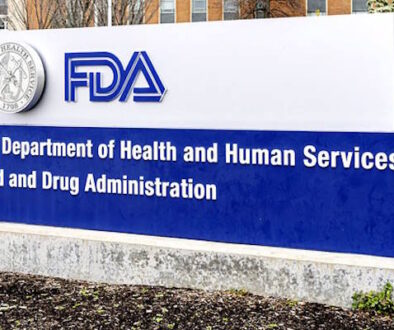Pfizer Adds Ingredient Used To Stabilize Heart Attacks To COVID Vaccine For Kids
Tromethamine (Tris) is a blood acid reducer that can correct acid levels in the body following heart surgery or cardiac arrest per First Databank. It also makes blood and urine more alkaline or less acidic. It is used to treat metabolic acidosis, a condition where the body produces too much acid or when the kidneys are not removing enough acid from the body.
This is a new ingredient in the EUA version of the Pfizer vaccine, initially intended for use in children ages 5 – 11.
There are many known side effects, including Respiratory depression, local irritation, tissue inflammation, injection site infection, febrile response, chemical phlebitis, venospasm (vein spasms), hypervolemia, IV thrombosis, extravasation (with possible necrosis and sloughing of tissues), transient decreases in blood glucose concentrations, hypoglycemia, and hepatocellular necrosis with infusion via low-lying umbilical venous catheters. An asthmatic woman had an adverse reaction to a ketorolac tromethamine (KT), collapsing within a few minutes after her injection and dying.
Read it for yourself on page 14 of the FDA Briefing Document for the Vaccines and Related Biological Products Advisory Committee Meeting dated October 26, 2021. The document is entitled, EUA amendment request for Pfizer-BioNTech COVID-19 Vaccine for use in children 5 through 11 years of age.
Authorization is being requested for a modified formulation of the Pfizer‑BioNTech COVID-19 Vaccine. Each dose of this formulation contains 10 μg of a nucleoside-modified messenger RNA
(mRNA) encoding the viral spike (S) glycoprotein of SARS-CoV-2 that is formulated in lipid particles and supplied as a frozen suspension in multiple dose vials.To provide a vaccine with an improved stability profile, the Pfizer-BioNTech COVID-19 Vaccine for use in children 5-11 years of age uses tromethamine (Tris) buffer instead of the phosphate-buffered saline (PBS) as used in the previous formulation and excludes sodium chloride and potassium chloride.
Remember, everyone in the United States and other countries is still using the emergency use authorization (EUA) version of the vaccines. The FDA approved version is not in distribution yet.




